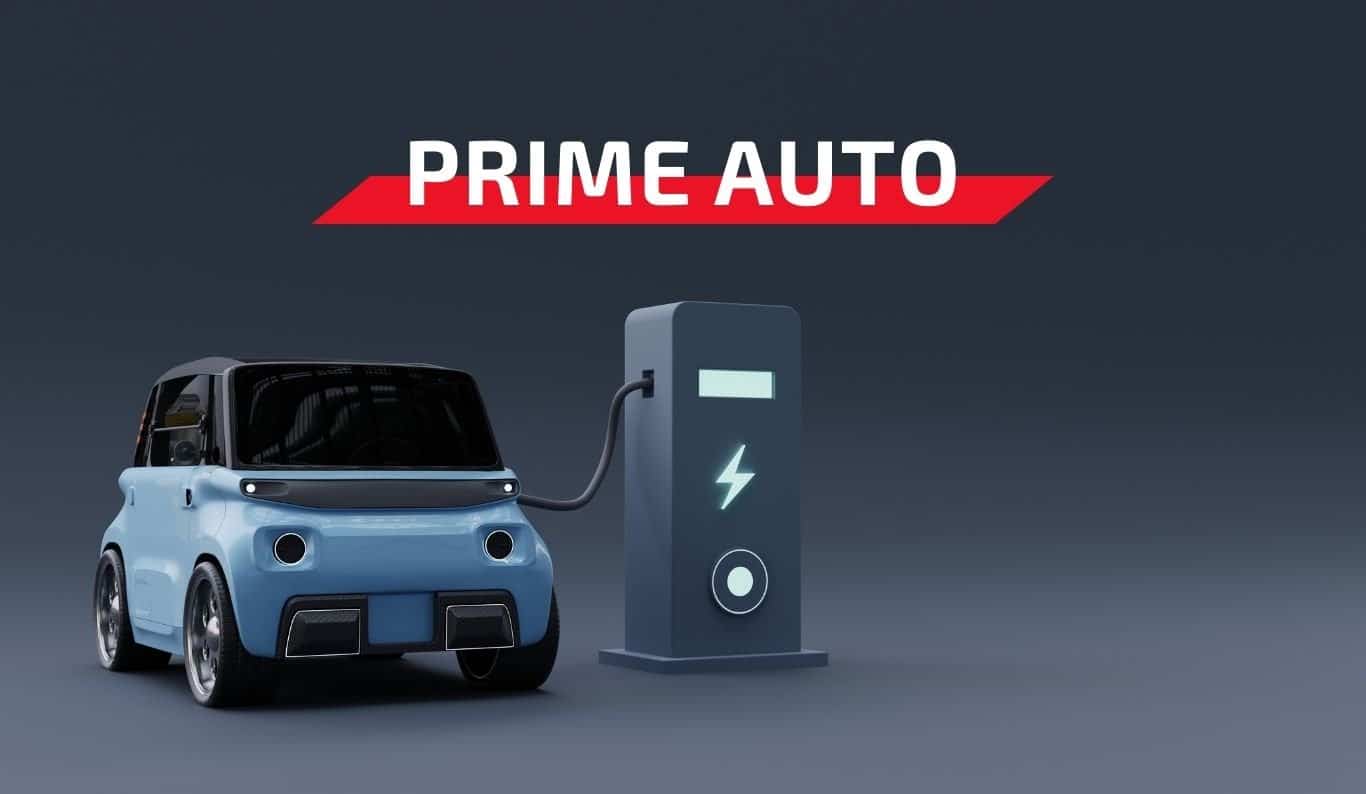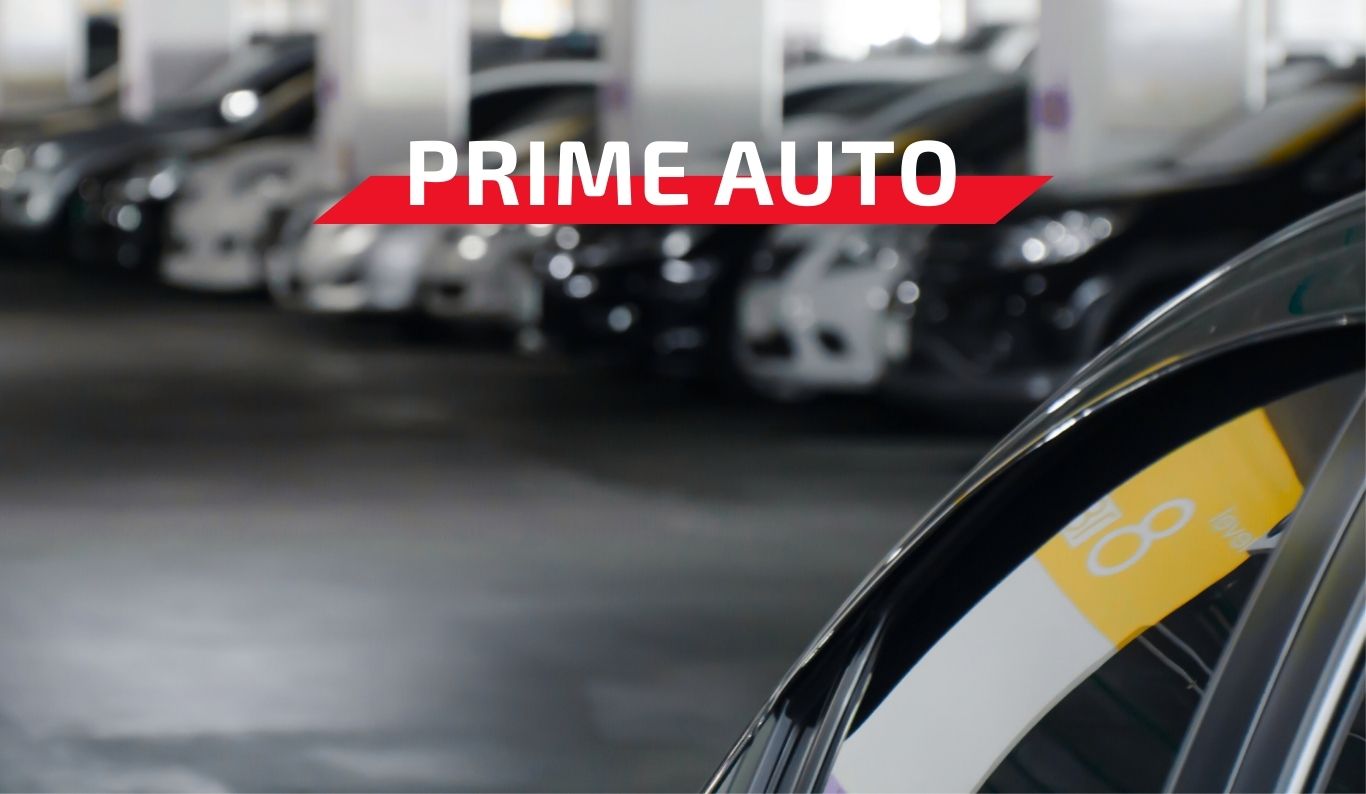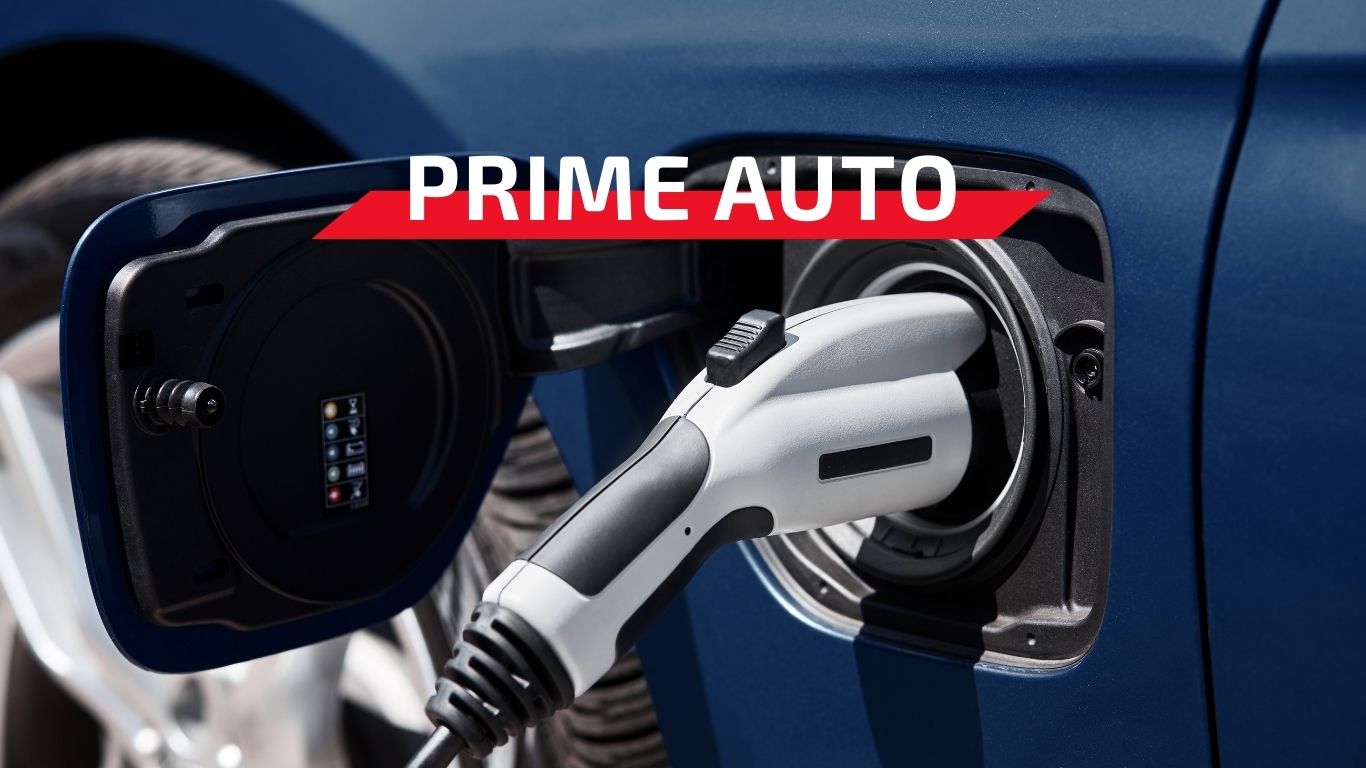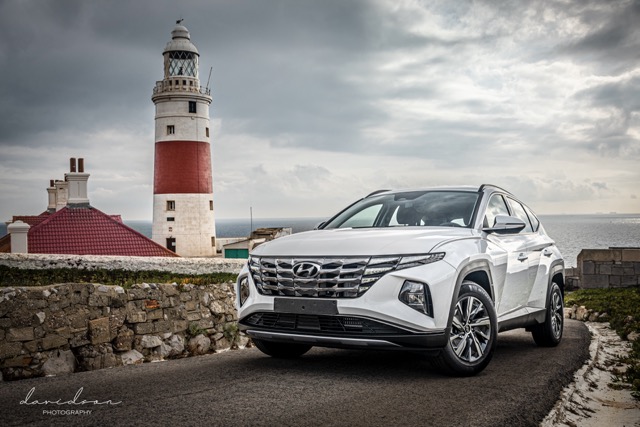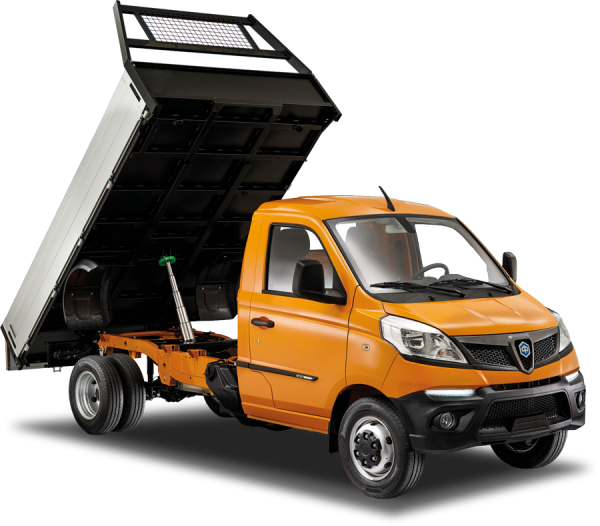
If you’re in the market for a hybrid SUV, the Hyundai Tucson Hybrid and Honda CR-V Hybrid are two top contenders. Both models offer a blend of style, performance, and fuel efficiency, making them strong choices. However, there are key differences that could influence your decision. In this comparison, we’ll break down the exterior design, interior space, boot capacity, performance, and running costs to help you determine which model is the best fit for your lifestyle and budget. Plus, we’ll reveal why the Tucson might offer better value.
Exterior Design
Hyundai TUCSON Hybrid:
The Hyundai TUCSON Hybrid boasts a bold and futuristic exterior design with its sharp lines, distinctive parametric grille, and angular LED headlights. Its sleek and athletic silhouette is complemented by dynamic side panels and a floating roofline, making it a standout on the road. The TUCSON’s design language emphasizes a strong, confident look with unique geometric patterns that set it apart from traditional SUVs.
Honda CR-V Hybrid:
The Honda CR-V Hybrid maintains a more conservative design, featuring a streamlined body with subtle curves and a classic SUV profile. It includes a large grille with chrome accents, sleek headlights, and a modest yet elegant stance. The CR-V’s design focuses on functionality and a refined appearance, appealing to those who prefer a more understated yet sophisticated look.
Interior Room Space and Design
Hyundai TUCSON Hybrid:
Inside, the TUCSON Hybrid offers a modern and tech-forward cabin. It features a clean and spacious interior with high-quality materials and a minimalist dashboard layout dominated by a large, integrated digital touchscreen and digital instrument cluster. The TUCSON provides ample legroom and headroom in both the front and rear seats, ensuring comfort for all passengers. It also includes features like ventilated seats and customizable ambient lighting, enhancing the driving experience.
Honda CR-V Hybrid:
The CR-V Hybrid’s interior is designed with practicality and comfort in mind. It offers a more traditional layout focusing on ease of use and straightforward functionality. The materials are high-quality but lean more towards durability rather than luxury. The CR-V provides generous passenger space, particularly in the rear seats, where it excels in legroom compared to many competitors. Its interior is user-friendly, with an intuitive infotainment system, although it lacks the more modern design elements found in the TUCSON.
Boot Space
Hyundai TUCSON Hybrid:
The TUCSON Hybrid offers 616 litres of boot space, which is above average for the class. Its rear seats fold almost flat, expanding the cargo area to accommodate larger items easily. The boot’s clever layout includes a low-loading lip and a wide opening, making it practical for loading bulky items.
Honda CR-V Hybrid:
The Honda CR-V Hybrid provides slightly more boot space with 522 litres, which expands significantly when the rear seats are folded flat. The CR-V’s boot is known for its practicality, featuring a low floor and wide access, similar to the TUCSON, making it easy to load and unload items.
Performance
Hyundai TUCSON Hybrid:
The TUCSON Hybrid is powered by a 1.6-liter T-GDi engine combined with an electric motor, delivering a total output of 230 hp. Its hybrid system is smooth and efficient, providing brisk acceleration and seamless transitions between electric and gasoline power. The TUCSON also features selectable drive modes, including Eco, Sport, and Smart, allowing drivers to tailor the driving experience to their preferences. Fuel economy is commendable, with an estimated 13-17 km/l.
Honda CR-V Hybrid:
The CR-V Hybrid uses a 2.0-liter i-MMD hybrid powertrain that produces 212 hp. It offers a smooth and quiet drive with a focus on efficiency rather than outright performance. The CR-V excels in city driving conditions where its hybrid system can maximize fuel savings, averaging around 13-17 km/l. However, it lacks the driving dynamism and power of the TUCSON Hybrid, especially when in Sport mode.
Running Costs
Hyundai TUCSON Hybrid :
The TUCSON Hybrid offers competitive running costs with a balance of fuel efficiency and reasonable maintenance costs, thanks to Hyundai’s reputation for reliability. Additionally, the TUCSON comes with a 5-year unlimited mileage warranty, which helps keep long-term ownership costs predictable and manageable.
Honda CR-V Hybrid:
Fuel efficiency is similar to the TUCSON, and it comes with a standard 3-year/36,000-mile warranty. However, the CR-V’s lower output engine and less advanced hybrid system may result in slightly lower maintenance costs over time compared to the TUCSON’s more complex setup.
Both the Hyundai TUCSON Hybrid and the Honda CR-V Hybrid are excellent choices in the hybrid SUV segment.
The TUCSON stands out with its bold design, advanced interior, and higher performance, making it ideal for those looking for a stylish and engaging driving experience.
On the other hand, the CR-V Hybrid offers a more conservative design, practical interior space, and proven reliability, appealing to those who prioritize functionality and comfort.
Your choice will ultimately depend on whether you value cutting-edge style and performance or prefer a tried-and-true approach with a focus on practicality and reliability.

